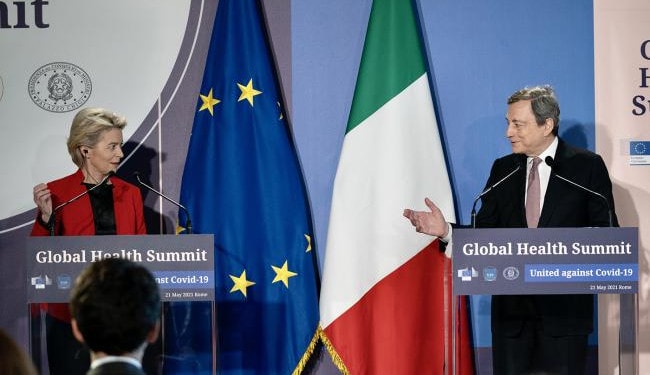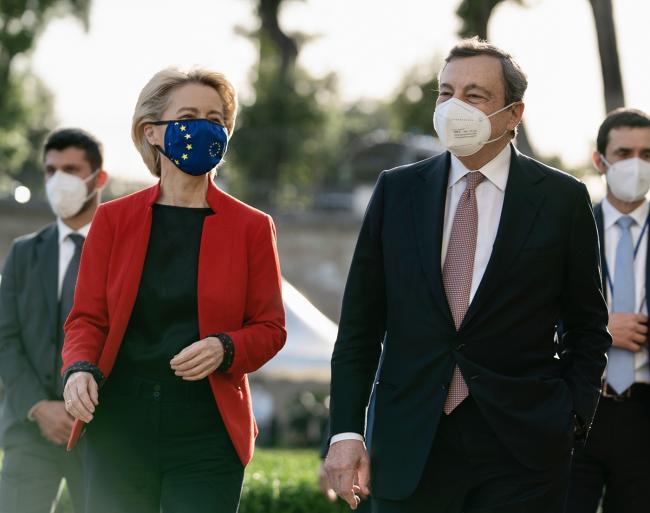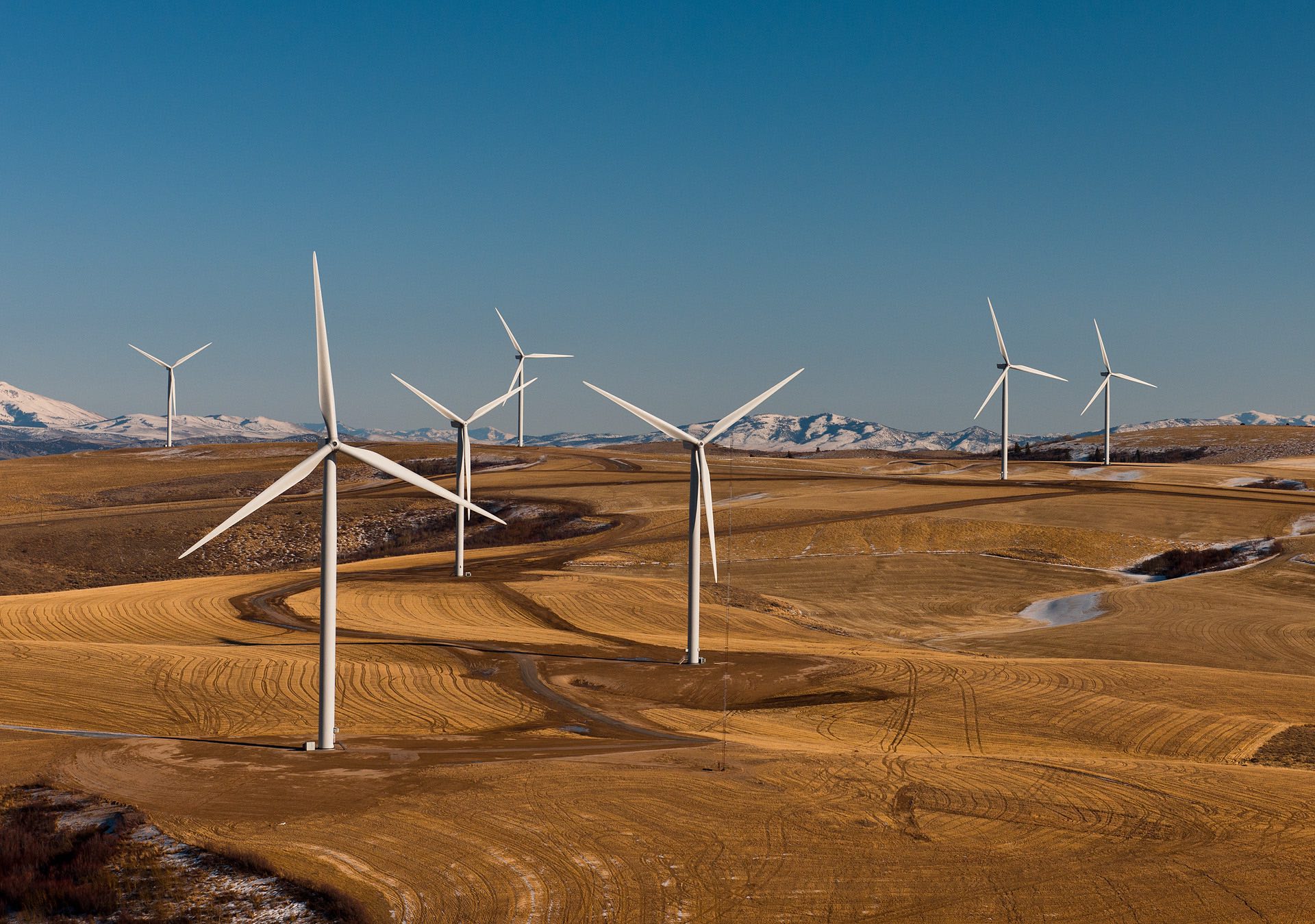The leaders of the richest part of the world, the G20, announced yesterday that they, along with big drugmakers, would do more to end Covid vaccine inequities. This happened at the Global health summit in Rome, a special event organized by the Italian G20 Presidency in partnership with the European Commission, which took place virtually yesterday, on 21 May. Wealthy countries are managing to slash infection rates thanks to lavishly-funded vaccination campaigns while less-developed nations are seeing few shots.
With vaccine inequities on the rise, the world is in fact sinking into shameful “vaccine apartheid”. One statistic tells it all: Some 1.53 billion doses have been administered globally, but only around 1% of them reached Africa, according to the World Health Organization (WHO).
“We must vaccinate the world and do it quickly,” said the Italian Prime Minister Mario Draghi opening the event. “The pandemic has underlined the extraordinary importance of international cooperation” for the present and the future, he said. “With the participants, we will understand what went wrong” in the fight against Covid, adding, “after a year and a half, we are beginning to see the end of this tragedy. For the first time, normality is approaching.”
Participants virtually came from all over the world, although having to do so meant they missed the beauty of Villa Pamphilj set in a vast park overlooking Rome. The only one physically there was the partner in the event, the president of the EU commission Ursula von der Leyen. U.S. President Joe Biden let his vice president, Kamala Harris, speak on his behalf. His administration has backed calls from many developing countries for the patent waiver, in the hope this would boost production and allow more equitable distribution. WHO director-general Tedros Adhanom Ghebreysus was also there virtually, and he told the meeting: “The rapid development of COVID-19 vaccines is a triumph of science, but their inequitable distribution is a failure for humanity.” And that is at the core of vaccine inequities.
The Italian Prime Minister, underlining that “the global crisis is not over, we must act quickly,” again sided in favor of Biden’s proposed temporary suspension of patents: «Probably we will need more vaccination cycles in the future, and increasing production is essential.”
But he made it very clear that there were clear limits to Italy’s support:
“One proposal is to introduce a patent suspension on Covid-19 vaccines. Italy is open to this idea, in a targeted way, limited in time and which does not jeopardize the incentive to innovate for pharmaceutical companies. But this proposal does not guarantee that low-income countries will actually be able to produce their own vaccines. We must support them financially and with specialized skills ».
The event was concluded by the signing of “The Rome Declaration” that engages the G20 to pursue equitable health policies. The Rome Declaration was prepared on the basis of a special report by scientific experts led by Professors Silvio Brusaferro and Peter Piot. In the Rome Declaration, the leaders called for voluntary licensing and technology transfers to boost vaccine production. The importance of the so-called ACT-Accelerator, a tool of the WHO to distribute COVID-19 vaccines, drugs and tests, was noted but dashing initial expectations, the declaration did not include a clear commitment to fully fund the programme, which is still $19 billion short. The COVAX program, which is dedicated to equitable global vaccine distribution, merely got a mention as a way of providing donated doses to countries.
A press conference jointly held with Prime Minister Draghi and President von der Leyen followed.
In the course of the press conference, PM Draghi underlined the strong nexus between their political deliberations and scientific advice, saying that “their [Brusaferro and Piot’s] report provided essential guidance for our debate and in particular for the Declaration of Rome.” He noted that:
“The EU has exported around 200 million doses of Covid-19 vaccines to 90 countries, about half of its total production. All states must do the same. We must lift the general export bans especially to the poorest countries.”
And he concluded that:
“International financial institutions must provide low-income countries with the necessary support so that this health crisis does not turn into a wave of sovereign debt crises. In particular, we must now enable the International Monetary Fund to provide effective protection to the poorest countries in the world.”
The International Monetary Fund suggested a $50 billion plan to end the pandemic by vaccinating at least 40% of all people by the end of 2021 and at least 60% by the first half of 2022.
For her part, Ursula von der Leyen made a forceful statement saying that the Rome Declaration:
“is a historic and special event because we have all the G20 countries committed to basic principles: the first is multilateralism and a very clear no to nationalism in terms of health. Supply chains must be open, a clear no to export bans.”
She added that the EU will make a proposal to facilitate the use of patent clauses and added that Europe would donate at least 100 million doses to poorer nations by the end of the year, including 30 million each from France and Germany.
Among the G20, China stands out with a promise: President Xi Jinping pledged $3 billion in aid over the next three years to help developing countries recover and proposed setting up an international forum to promote fair distribution of vaccines.
However, despite the good words from Draghi and von der Leyen and China’s promise, there was still no consensus on the push by the United States, Italy and other nations for pharmaceutical companies to waive valuable patents.
The only good news here: Pfizer (PFE.N) and BioNTech pledged to make available 1 billion cut-price doses this year to poorer nations. Another 1 billion vaccines would be provided next year, Pfizer boss Albert Bourla said. Johnson & Johnson (JNJ.N) promised 200 million doses of its vaccine to COVAX, a vaccine-sharing programme co-led by the WHO.
In addition, the EU promised 1 billion euros ($1.2 billion) to build vaccination manufacturing hubs in Africa, a big step forward to end vaccine inequities.
What is clear is the strong engagement of the European Union in pushing for a multilateral, generous approach to vaccine production and distribution. The U.S. is likely to prove a reliable partner and one can only hope that the whole of the G20 will follow suit. These are encouraging steps forward, but in practice, we are still far away from achieving true equity in terms of Covid vaccines.
Editor’s Note: The opinions expressed here by Impakter.com columnists are their own, not those of Impakter.com. — Featured Image: Premier Mario Draghi of Italy and the President of the EU Commission Ursula von der Leyen at the press conference that followed the event, 21 May 2021. Source: Video of the conference available on Youtube









